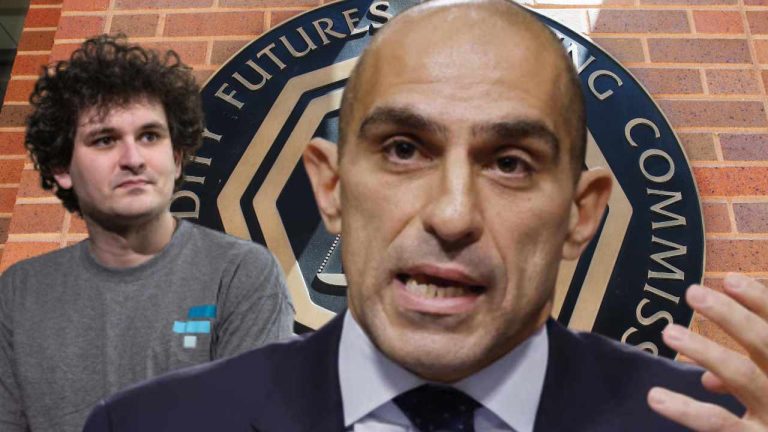
The DAO was initially served with a lawsuit via a help chat box but a federal judge said the regulator “should serve at least one identifiable Token Holder.”
A United States federal judge has ordered the Commodities Future Trading Commission (CFTC) to serve its lawsuit to the two original founders of the Ooki decentralized autonomous organization (DAO).
On Dec. 12, District Judge William Orrick ordered the U.S. regulator to serve Tom Bean and Kyle Kistner, the founders of the decentralized trading platform bZeroX which was the predecessor to Ooki DAO.
Bean and Kistner had already settled charges with the CFTC in September relating to illegal commodities offerings on bZeroX, while separate charges were laid against Ooki DAO token holders, which was served using a help chat box as well as a notice on its online forum.
However, when Judge Orrick later discovered Bean and Kistner were alsOoki DAO token holders he reconsidered how the CFTC was to serve the lawsuit.
“It seems clear in this case that Ooki DAO has actual notice of the litigation,” Judge Orrick wrote. “But to provide the best practicable notice, the CFTC should serve at least one identifiable Token Holder if that is possible.”
The CFTC’s original approach to filing the lawsuit received pushback and crypto industry participants filed amicus briefings in support of Ooki DAO which argued the CFTC should find Ooki DAO members and serve them directly with the lawsuit.
The U.S. District Court for the Northern District of California held a hearing on Dec. 7 with the CFTC and those entities who filed amicus briefs to persuade Judge Orrick to reconsider allowing the CFTC to serve Ooki DAO through its help chat box.
“At the hearing, the CFTC asserted it knew that some of Ooki DAO’s Token Holders reside and conduct business in the United States because the two founders of Ooki DAO’s predecessor entity, bZeroX LLC, are Token Holders who reside in the United States,” Orrick wrote.
“This was new information to me,” he added. “Neither the complaint nor the CFTC’s Motion for Alternative Service mention that the former founders, [Bean and Kistner], are or have been Token Holders.”
“The CFTC is now ORDERED to serve Bean and Kistner, in their roles as Ooki DAO Token Holders,” he concluded.
Related: CFTC chief says Bitcoin is the only commodity in the wake of FTX collapse
On Sep. 22, the CFTC settled charges against Bean and Kistner for “illegally offering leveraged and margined retail commodity transactions in digital assets” through bZeroX.
Simultaneously, it filed its lawsuit against Ooki DAO alleging it operated the same software as bZeroX after it was given into its control which violated “the same laws as the respondents.”
The CFTC was strongly criticized, even by its own people, for bringing the lawsuit without clear regulatory guidelines with CFTC commissioner, Summer Mersinger, calling it a “regulation by enforcement” approach.










